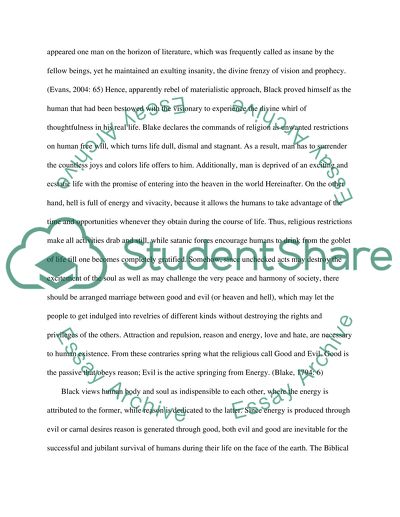Cite this document
(“Does the Aurthor William Blakes Life Reflect in the Book The Marriage Essay”, n.d.)
Retrieved from https://studentshare.org/literature/1427284-does-the-aurthor-william-blakes-life-reflect-in
Retrieved from https://studentshare.org/literature/1427284-does-the-aurthor-william-blakes-life-reflect-in
(Does the Aurthor William Blakes Life Reflect in the Book The Marriage Essay)
https://studentshare.org/literature/1427284-does-the-aurthor-william-blakes-life-reflect-in.
https://studentshare.org/literature/1427284-does-the-aurthor-william-blakes-life-reflect-in.
“Does the Aurthor William Blakes Life Reflect in the Book The Marriage Essay”, n.d. https://studentshare.org/literature/1427284-does-the-aurthor-william-blakes-life-reflect-in.


